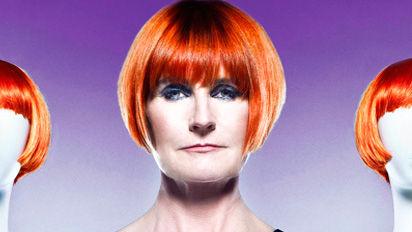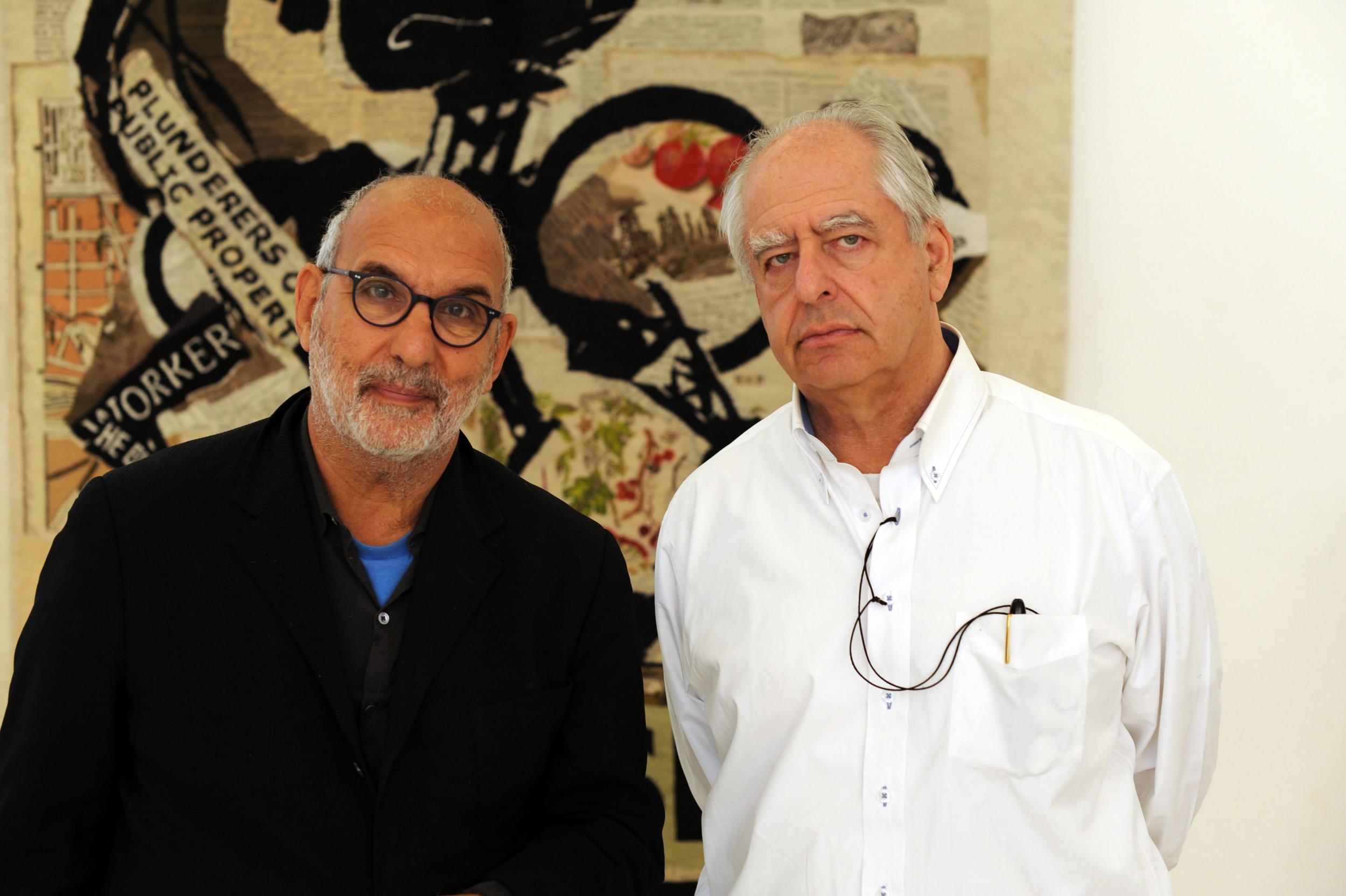Last night's TV: What Britain Earns with Mary Portas (Channel 4); Imagine...The Triumphs and Laments of William Kentridge (BBC1)
How much does money matter to us?

Your support helps us to tell the story
From reproductive rights to climate change to Big Tech, The Independent is on the ground when the story is developing. Whether it's investigating the financials of Elon Musk's pro-Trump PAC or producing our latest documentary, 'The A Word', which shines a light on the American women fighting for reproductive rights, we know how important it is to parse out the facts from the messaging.
At such a critical moment in US history, we need reporters on the ground. Your donation allows us to keep sending journalists to speak to both sides of the story.
The Independent is trusted by Americans across the entire political spectrum. And unlike many other quality news outlets, we choose not to lock Americans out of our reporting and analysis with paywalls. We believe quality journalism should be available to everyone, paid for by those who can afford it.
Your support makes all the difference.Right, then. How much do you earn? A rude question that, as retail guru Mary Portas reminded us in her show What Britain Earns with Mary Portas. In fact I believe the British are seven times more likely to discuss their sex lives than their incomes, which, when you think about it, is the right way round. After all, people’s love affairs are much more interesting and unpredictable than their financial affairs, and are less liable to provoke feelings of envy or disdain in those who learn about them. Well, I speak for myself.
Mary Portas told us that she’s had a few good years when her earnings have been around the £400,000 mark, which would be about 20 times the national average (which is now about £28,000). The average earners in the country are the likes of prison officers, midwives and social workers.
Despite Mary's own candour about money, there were remarkably few others prepared to talk about such a vulgar matter. Brave, as ever, the chief executive of the WPP advertising group, Sir Martin Sorrell, didn’t mind telling us about his £70m annual “package”, of which a mere £1.1m is represented by straight salary. The rest is shares, left invested in his company.
Now, all that income, and a sizeable (but not disclosed) total wealth make him obviously rich by most standards, but then his company is big by most standards. Does he “deserve” his comfort when we find out he started WPP with two people in one room in 1985? Is Sorrel’s pay, say, more justifiable than that of Wayne Rooney, reputedly our best paid footballer, who is on £300,000 week – itself only about a half what the true global high-rollers, such as Lionel Messi, enjoy. Is it right, in some sense, that Theresa May’s salary of £149,440 is five times that of a junior doctor? These are not rude questions.
The Portas show, in other words, was rich in stats and factoids to illustrate the chasm between rich and poor, about as wide as it was in the 1920s; but there was much less analysis about how these differences came to be. Still less was there any moral argument about what market forces have delivered to us.
Personally, I can’t get excited about Rooney’s pay packet, because he only gets that much cash because we are all prepared – well, a lot of us – to pay that to watch him pay (sometimes) brilliant football. It is what it is. One of the abiding nuggets of wisdom imparted to economics students early in their courses is that the demand for labour is a derived demand. Which is to say the demand is really for the things that your labour produces, rather than your labour in and of itself.
Then there is supply. There are relatively few sportsman of the calibre of Rooney or Lewis Hamilton, say. But there are many people, of varying quality, who wish to be and are “journalists”, a trade with no barriers to entry. So that is why, I’m afraid; journalists’ wages have become more depressed in recent years. I thought I ought to share that with you.

In Imagine... The Triumphs and Laments of William Kentridge, we learned a great deal about this remarkable South African artist, now responsible for a gargantuan frieze along the banks of the river Tiber in Rome. If you don’t know much about him or his work (I didn’t), you’ll be impressed, as was presenter Alan Yentob, by the grey, charcoal, fuzzy bleakness of the animations/live film productions that tell the story of South Africa’s shameful past and disorienting present. The slightly shuffling, slightly informal beat of the Sharpeville brass band, with all the symbolism that represents, is the typical soundtrack to a Kentridge “movie”.
“Triumphs and laments” is actually a Roman reference, but it stands also for the progress of South Africa in its modern history, and especially after the fall of apartheid. By the way you can see an exhibition of Kentridge's work at the Whitechapel gallery in east London, as well as, in massive form, in Rome.
Join our commenting forum
Join thought-provoking conversations, follow other Independent readers and see their replies
Comments